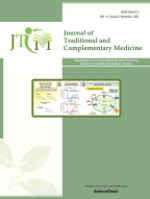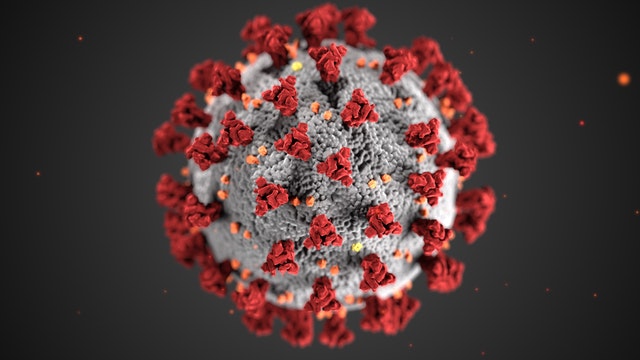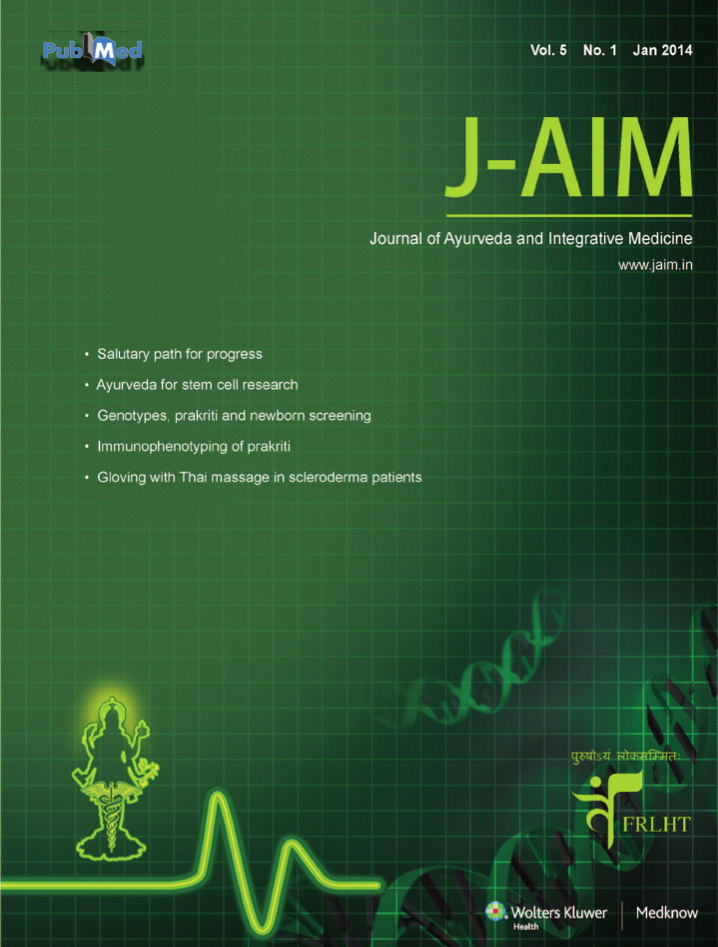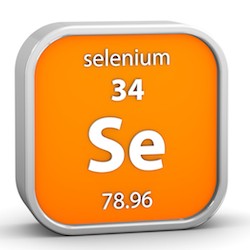Role of herbal medicines in the management of patients with COVID- 19
ABSTRACT// Background and aim: The management of the worldwide spreading COVID-19 consists of amelioration of its symptoms but no cure is yet available. Herbal medicines supplemented with the Western medicine have been applied for COVID-19 treatment in India, China, Iran, and other countries. This systematic review and meta-analysis of RCTsRead










